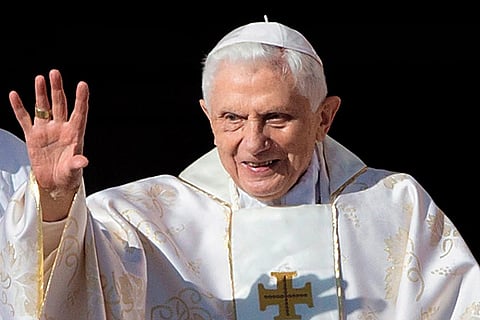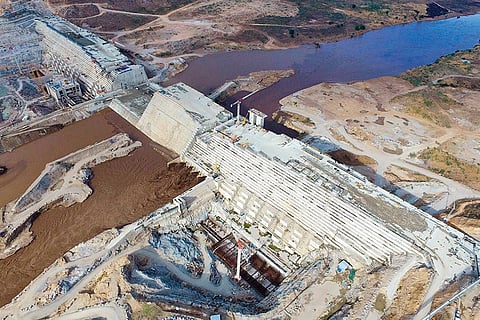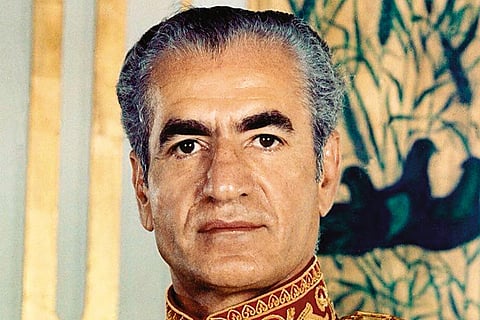World Tour
Sans Frontiers
In what seems like a serious attempt in ending the long-drawn civil war in Libya that has divided the nation in two, leaders of the two main belligerents arrived in Moscow for talks. Both the UN-backed forces and those loyal to Russia-backed General Khalifar Haftar might sign a ceasefire. Russia and Turkey are the initiators of the talks and will first hold talks with the warring sides separately.

Pope Benedict XVI, who retired in 2013—the first pontiff in 600 years to do so—has broken his silence in favour of celibacy in the Catholic Church. He issued a defence of priestly celibacy as his successor, Pope Francis, considers easing a ban on married men serving as priests in the Amazon region. He made the appeal in a book co-authored with Cardinal Robert Sarah.

Nearly 2,800 employees are being laid off by Boeing as its crisis deepened with the revelation of hundreds of messages in which staff mocked regulators and admitted flaws in its 737 Max jets. The jets were grounded after they were involved in two fatal accidents. As investigators pored over the documents, Spirit Aerosystems, one of Max’s suppliers, said it will cut 15 per cent of its workforce.

Foreign Hand
Sharing water of common rivers between states is a universal problem. A dispute over the ownership of the Nile has been brewing for some time between Ethiopia and Egypt. The contention stems from the future of a giant hydropower project—Ethiopia’s Great Renaissance Dam—on Africa’s longest river. A deadline of January 15 was set up to solve the impasse. The next round of talks is due to resume in Washington later. The construction of the dam began in 2011 on the Blue Nile tributary in the Ethiopian highlands from where 85 per cent of the Nile’s waters flow. Sudan is also caught in the dispute over the mega dam. With fears of a conflict, the US is helping to mediate. At the centre of the dispute are plans to fill up the dam—Egypt fears it will allow Ethiopia to control the flow of Africa’s longest river. Hydroelectric power stations do not consume water, but the speed with which Ethiopia fills up the dam’s reservoir will affect the flow downstream. The longer it takes to fill the reservoir—bigger than Greater London, with a capacity of 74 billion cubic metres—the less impact there will be on the Nile’s level. Egypt has proposed a longer period so that the level does not dramatically drop. Talks between Egypt, Sudan and Ethiopia over operating the dam and filling its reservoir have made no progress in four years.

History Channel
The last monarch of Iran, Shah Mohammad Reza Pahlavi, was overthrown and forced into exile in January 1979, setting off the Islamic Revolution in Iran. A republic was set up under the Grand Ayatollah Ruhollah Khomeini, leader of one of the rebel factions. The revolt was supported by leftists, Islamic and student organisations. Demonstrations against the Shah had begun from October 1977, which developed into civil resistance. It intensified from January 1978; in months, Iran was crippled with a series of strikes. The Shah left his duties to a regency council and premier Shapour Bakhtiar. Ayatollah Khomeini was asked to return to Iran; in Tehran, millions greeted him. The royal reign collapsed soon after when guerrillas and rebel troops overwhelmed the army. A formal Islamic state was established and a theocratic-republican constitution was promulgated in April 1979. But the fate of the Shah—the most important US ally in the region—led to a prolonged period of instability for many gulf countries.
Tags